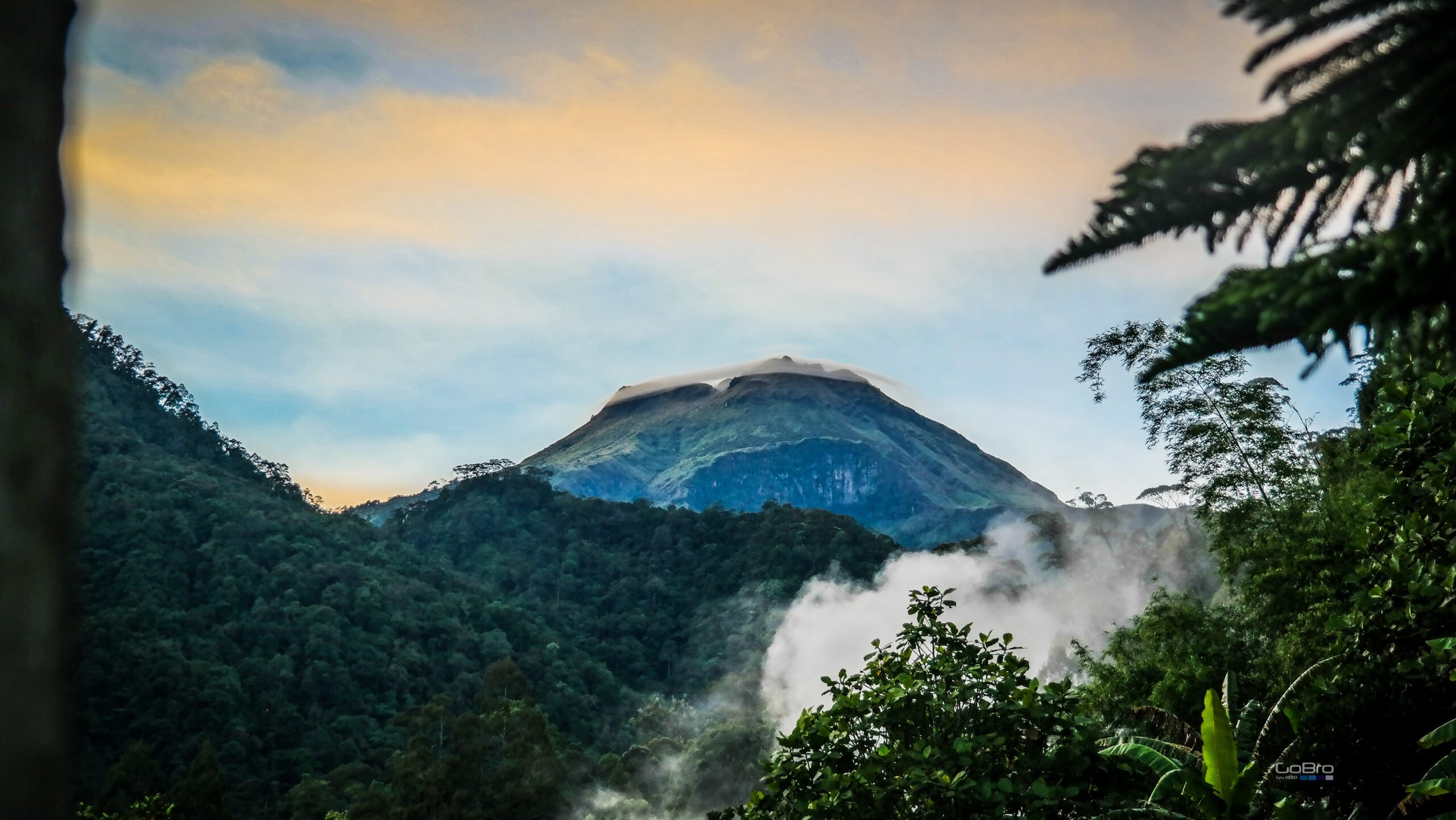SUMMARY
This is AI generated summarization, which may have errors. For context, always refer to the full article.

GENERAL SANTOS, Philippines – Wary of grass fires due to soaring temperatures, officials in Cotabato province wanted the Mount Apo National Park (MANP) to remain off-limits to the public, far beyond its expected re-opening on April 30.
Mount Apo, the country’s tallest mountain at 2,954 meters above sea level, straddles Cotabato province in the Soccsksargen region and the province of Davao del Sur in the Davao region.
Cotabato governor Emmylou Mendoza on Friday, April 19, said their assessment shows an increased risk that wildfires may occur in the 80,864-hectare national park once trekking and camping activities are allowed amid the soaring temperatures and prolonged dry spell being experienced in the country.
Such fears were bolstered by recent bush fires in nearby villages of Gambudes in Arakan town and Binay in Magpet town, both in Cotabato. The fires destroyed nearly a hundred hectares of forest and grasslands.
In March, 2016, MANP was hit by bush fires that burned day and night for about a week, destroying more than a hundred hectares of forest. The incident prompted officials to close the park to the public for a year.
Mendoza, who also chairs the Cotabato Provincial Peace and Order Council (PPOC), on Thursday, April 18, met with military, police and local officials to come up with measures aimed to effectively monitor the situation within and around the park, aside from strictly enforcing laws.
The governor also directed the Department of Environment of Natural Resources (DENR) in the province to check all watersheds at protected areas in the province.
She said there is a dire need to watch over and protect the park’s diverse ecosystem. MANP was established in 1936 and is considered home to the endangered Philippine eagle.
“Local government units and law enforcers must work together”. in sealing all trails and access points to the 2,954- meter high dormant volcano, she said.
There are three access trails to MANP from Cotabato province – Kidapawan City and the towns of Makilala, and Magpet. There are also access routes in Digos City and the towns of Bansalan and Sta. Cruz in Davao del Sur.
The Protected Area Management Board (PAMB) initially banned entry to MANP from March 20 to 30 due to the El Nino phenomenon and the risks it carries. But PAMB extended the closure until April 30 “after careful evaluation of the situation.”
Mount Apo’s PAMBI consists of representatives from the Soccsksargen and Davao regions.
An announcement posted on PAMBI’s social media said the earlier suspension of trekking and camping activities at the MANP is aimed at safeguarding the rich biodiversity of Mount Apo and ensuring the well-being of all visitors.
“We appeal to the public’s sense of responsibility to join us in this preventive measure to preserve the natural beauty and integrity of Mt. Apo,” PAMBI’s post read. – Rappler.com
Add a comment
How does this make you feel?
There are no comments yet. Add your comment to start the conversation.